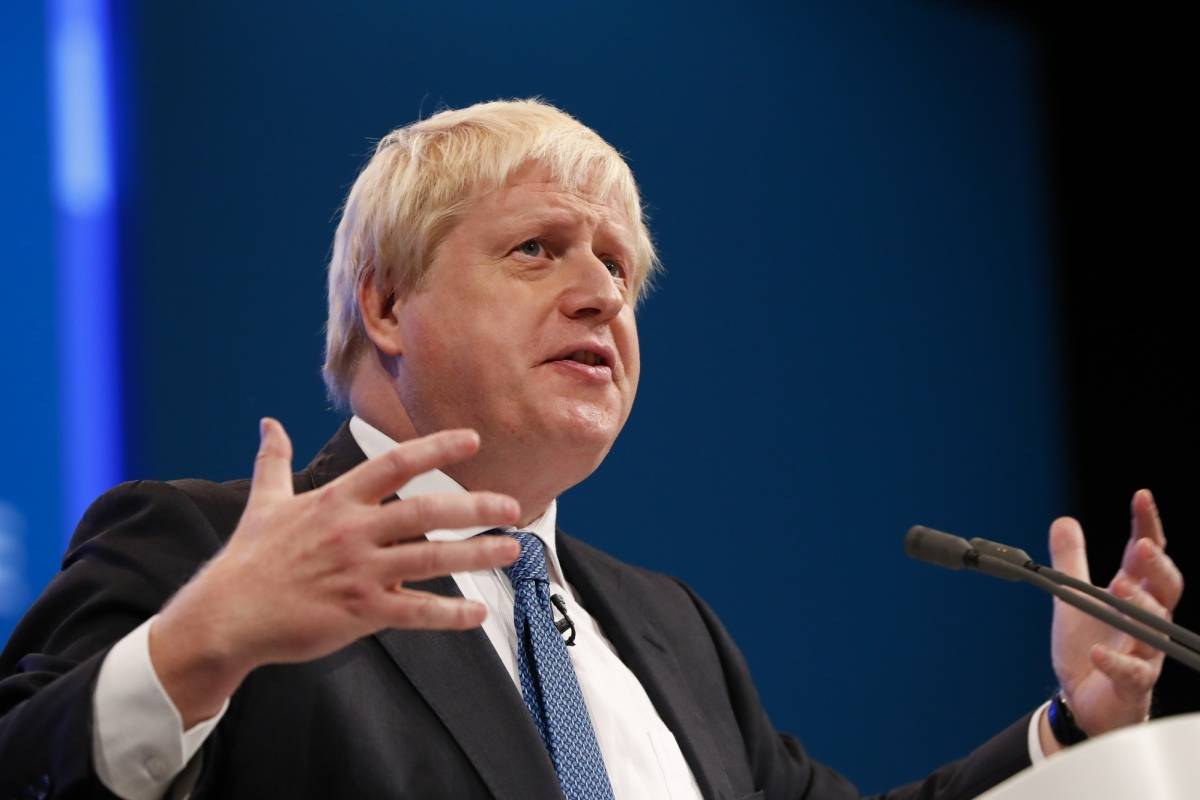The Singapore DEA will overhaul trade rules, so they are tailored to UK business. Wide-ranging benefits include better data flows, stronger cybersecurity and closer links between two hi-tech and services hubs…reports Asian Lite News.
The government on Thursday secured an agreement in principle with Singapore for a Digital Economy Agreement (DEA) that will cut costs, slash red tape and pave the way for a new era of trade.
It is the first digitally-focused trade agreement ever signed by a European nation. This comprehensive digital trade deal was agreed on in record time by International Trade Secretary Anne-Marie Trevelyan and Singapore Minister-in-charge of Trade Relations S. Iswaran after just six months of negotiations.
The DEA will take our trading relationship with Singapore – worth £16 billion in 2020 – to the next level by overhauling outdated trade rules that affect both goods and services exporters, making it easier for UK business to target new opportunities in both Singapore and lucrative Asian markets.

A third of UK’s exports to Singapore are already digitally delivered, including in finance, advertising and engineering, and this deal will create new opportunities to expand digital trade. Services companies will be the big winners, from financial and telecoms giants like Standard Chartered or BT Group to software companies like Wales-based Awen Collective.
The deal will boost a sector that adds £151 billion to the economy and lifts wages, with workers in the digital economy earning around 50% more than the UK average. UK-founded tech unicorns are being created at a rate of almost one a week, and more will now be able to follow in the footsteps of British companies like Revolut, Darktrace and Checkout.com, which are already thriving in Singapore.
Goods exporters will also benefit from streamlining cumbersome border processes. Time-consuming and costly paperwork can be replaced with e-signatures, e-contracts and electronic invoicing with greater confidence.
Singapore is a gateway to the wider Indo-Pacific region and the DEA will support our bid to join Singapore and 10 other nations in the Trans-Pacific Partnership (CPTPP). Membership would mean access to a £8.4 trillion free trade area with vast opportunities for UK business.
International Trade Secretary Anne-Marie Trevelyan said, “This cutting-edge agreement with Singapore links two of the world’s most dynamic hi-tech hubs and plays to our strengths as pioneers in digital trade. Negotiated in just six months, it is the first digital trade deal ever signed by a European nation and will slash red tape, cut costs and support well-paid jobs across the whole UK. Digital trade is creating a new global economy, but it is still largely governed by old-fashioned rules that pre-date the digital revolution of the past 20 years. We’re using our independent trade policy to strike ground-breaking agreements that update these rules for the digital age and connect UK businesses to the biggest and fastest-growing markets in the world.”
The DEA is the latest and most ambitious digital trade win following new agreements with Japan, Australia and New Zealand that all contain advanced digital chapters. Under the UK’s Presidency, G7 countries agreed on ground-breaking Digital Trade Principles in October, which will help to modernise trade and spread the benefits of technology more widely.
The Singapore DEA will overhaul trade rules, so they are tailored to UK business. Wide-ranging benefits include better data flows, stronger cybersecurity and closer links between two hi-tech and services hubs.
Data flows are essential for providing services digitally: in 2019, 86% of the UK’s global financial services exports were digitally delivered, as were 84% of our global exports of telecommunications, computer and information services. The deal promotes personal data protection, and locks in free and trusted cross-border data flows, enabling everything from more efficient manufacturing and supply chains to more reliable infrastructure and effective maintenance of jet engines. UK companies will not have to pay for expensive data storage and processing in Singapore to do business there.
The deal establishes a new partnership with Singapore to build ever-stronger cybersecurity defences against attacks by private operators or hostile states, which are a growing threat to individuals and businesses. Companies like Coventry’s CyberOwl and Caerphilly-based Awen Collective have set up in Singapore and are poised to be at the forefront of protecting critical national infrastructure and businesses against cyber risks, fraud, money laundering, terrorism funding and organised crime.
The DEA links two of the world’s most dynamic hi-tech and services hubs, opening up a 6,000-mile trade superhighway between the UK and Asia. Building on the success of the UK-Singapore Fintech Bridge, it will enable future growth sectors like fintech and lawtech to benefit from deep cooperation with another advanced economy, cementing the UK’s position as a world leader in these fields.

Andy Burwell, CBI Director, International, said, “It’s extremely promising to see the UK agree its first-ever digital trade deal with Singapore. This deal will help to unlock digital trade and support key industries of the future, driving forward the UK’s global competitiveness, jobs and growth. Services will underpin the UK’s economic growth and therefore the UK’s Global Britain ambitions. Enabling digital exports in its broadest sense, and importantly the free flow of data, is integral. This agreement is only the starting point for what can be achieved through global collaboration on digital.”
ALSO READ-UAE, Singapore can play crucial role in driving GCC-ASEAN trade ties


